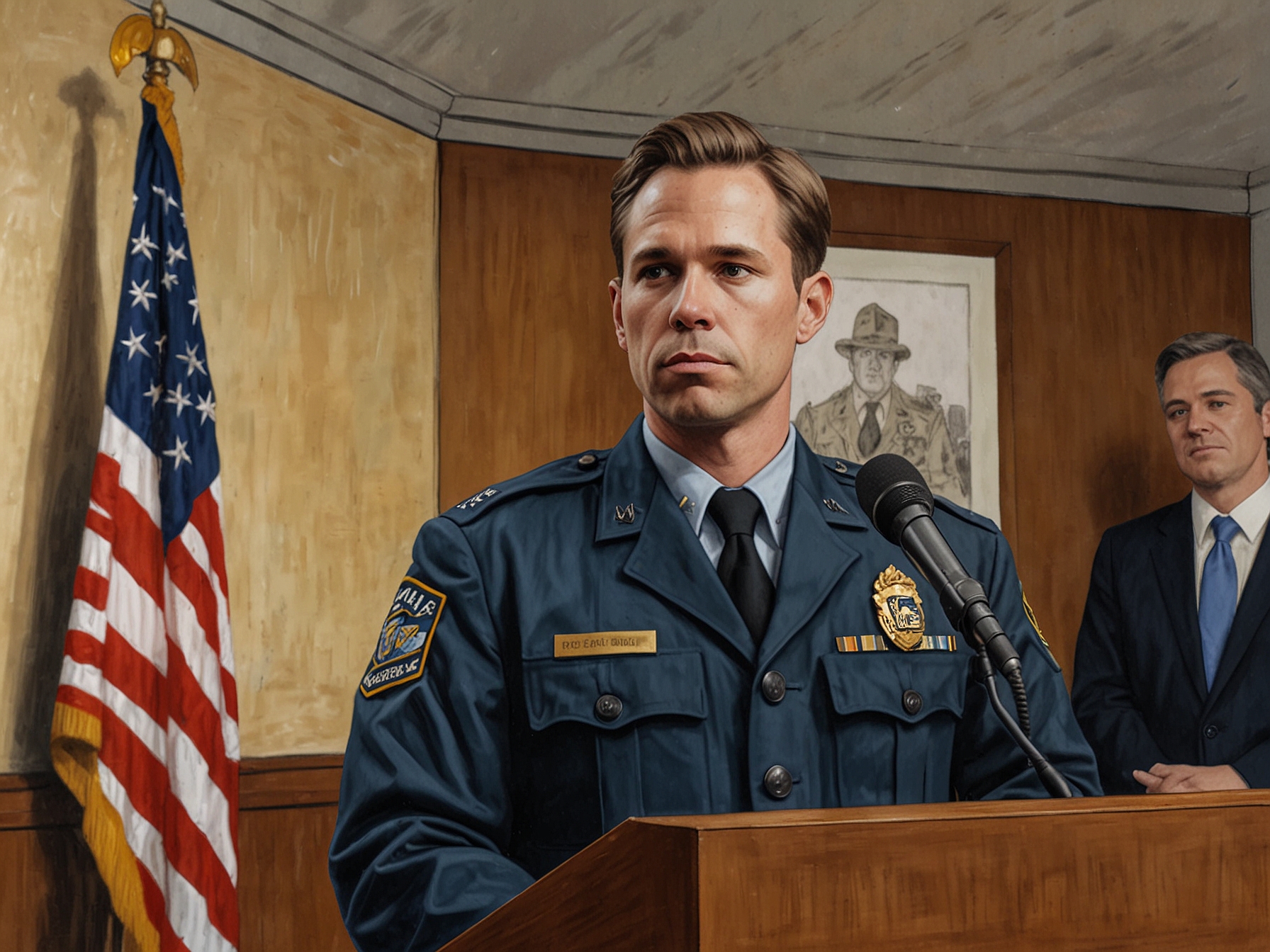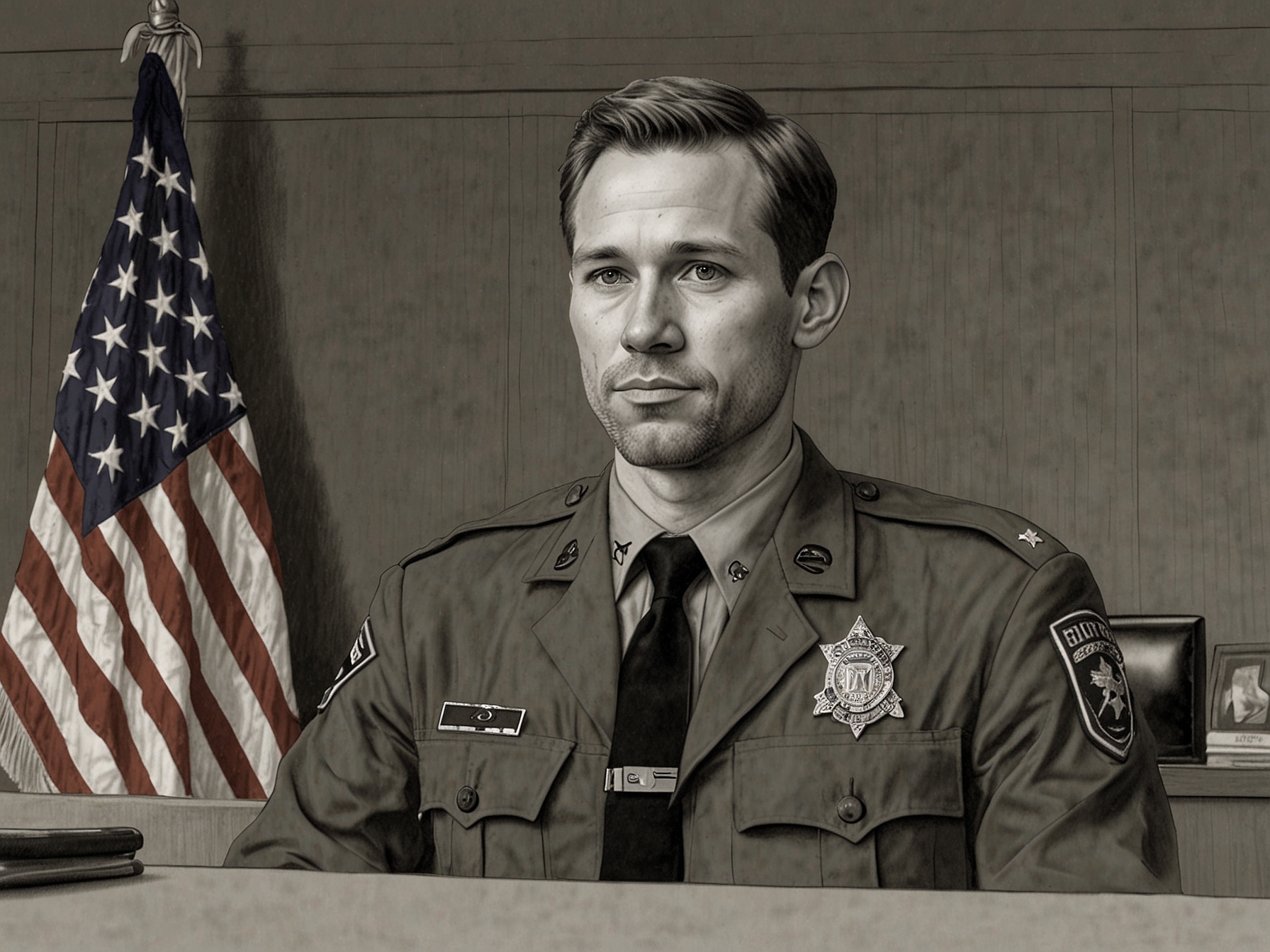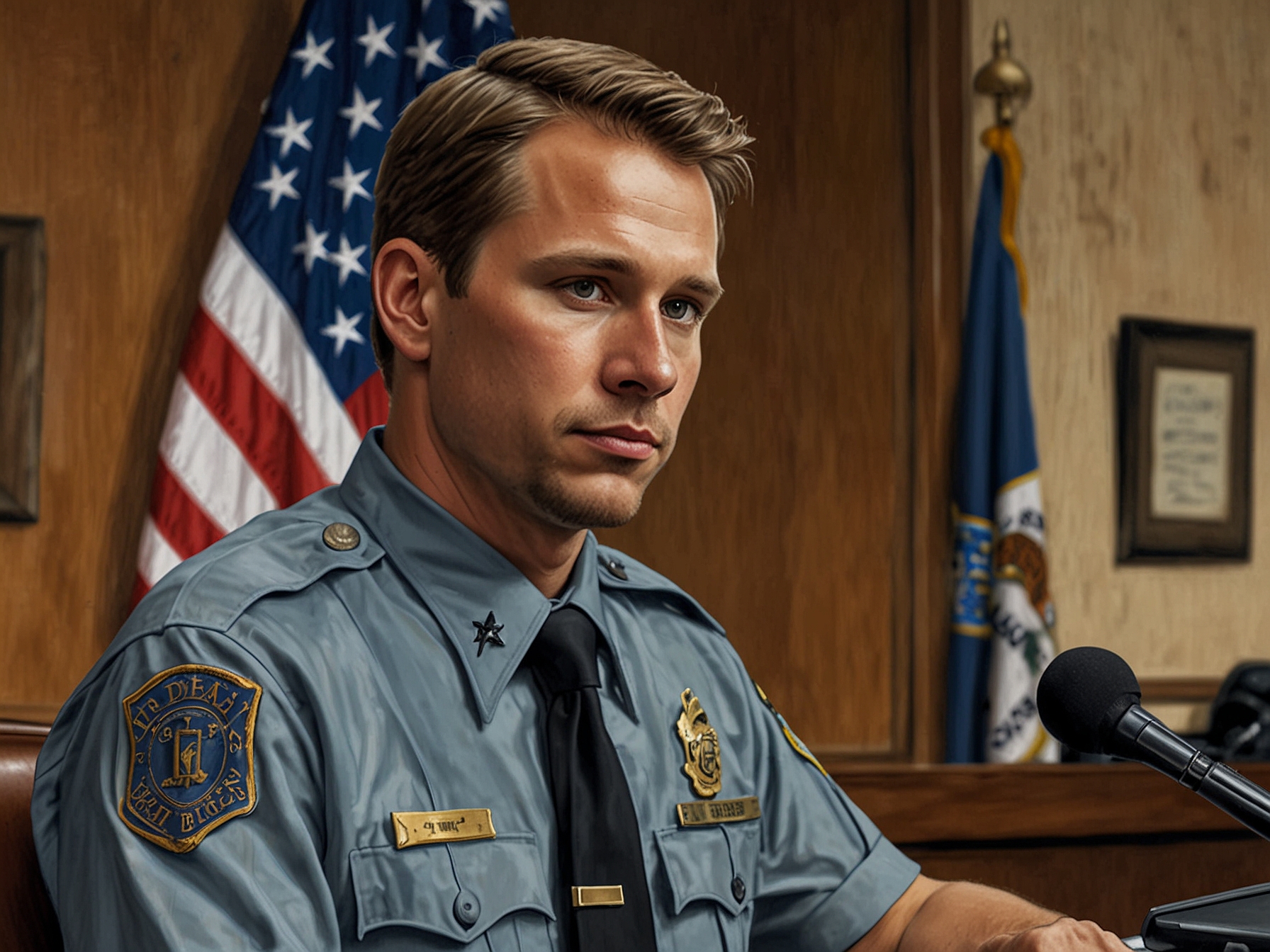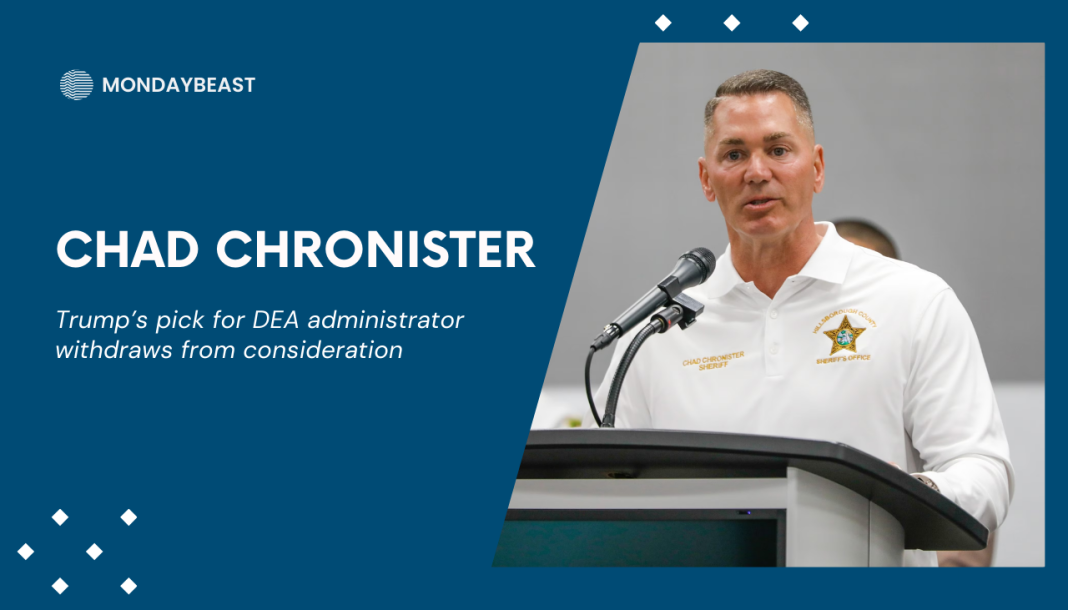The Backstory of Chad Chronister’s Withdrawal
Chad Chronister’s recent withdrawal from consideration as Trump’s pick for the Drug Enforcement Administration (DEA) didn’t come as a total shocker. His announcement sent ripples through political circles. A sheriff from Hillsborough County, Florida, he was chosen amid fervent debates on law enforcement and drug policy.
Why did he decide to step back? The gravity of the task weighed heavily on him. This role isn’t taken lightly. “There is more work to be done for the citizens of Hillsborough County,” he said in a post that reflected his commitment to local service.

Chronister’s distancing from the DEA role speaks volumes about the political climate. His statement on X showed gratitude for the support he received, yet it also points towards an underlying tension. When a nominee feels the need to backtrack so soon after being selected, it raises concerns.
What could possibly lead to such a swift change of heart? Now, let’s dig in deeper. Chronister is not the first to withdraw from a Trump administration position. Former Florida Rep. Matt Gaetz also stepped aside last month in his pursuit of attorney general.
The stakes are evidently high. In an environment filled with division, Chronister’s choice might have been influenced by internal party pressures.
Responses from the Republican Party

Despite the excitement surrounding Chronister’s nomination, not everyone was on board. Some voices from within the Republican Party voiced dissent over his role in enforcing COVID-19 protocols during his time as sheriff. Kentucky Rep. Thomas Massie was particularly vocal, insisting that Chronister should be disqualified based on that enforcement.
It’s a curious moment when an ally of Trump feels empowered to critique the selection of a fellow Republican. What does this say about loyalty within the party? Massie’s delight, expressed through a separate social media post, can’t be overlooked.
Was he simply breathing ease or championing a larger point about the Republican standards? It’s a challenge for any administration to maintain a cohesive front when opinions clash so starkly.

Though moments like these can cause turmoil, they also reveal the complexities of political relationships. The dynamics within the party are noteworthy and raise the question: how far can Trump push the envelope before it cracks?
Chronister’s History and Commitment
Chronister has a long history with Florida law enforcement. Appointed sheriff in 2017, he’s spent over three decades serving the sheriff’s office. His record includes being re-elected twice, an indication of his commitment to the county.
Yet we also have to wonder: what does it mean to be a sheriff in today’s climate? It’s a balancing act between local needs and federal expectations. The influences of family also linger on Chronister, like a shadow.
His wife is the daughter of a former NFL tycoon. That connection undoubtedly draws attention. In 2018, President Trump granted a pardon to her father, Edward DeBartolo Jr. While Chronister’s familial ties might hint at privilege, they also bring personal stakes into play.
This creates a layered perspective. Set against the backdrop of federal law enforcement, these families can intertwine with politics in surprising ways.
The Bigger Picture
As we step back from the immediate fallout, what remains? Chad Chronister’s withdrawal begs the question: who secures the interests of America’s fight against drugs? His original nomination came with promises that included stopping Fentanyl traffickers at the Southern Border.
Yet these pledges now seem distant. Time will tell how the new appointees navigate the murky waters of a controversial drug enforcement landscape. Each withdrawal from Trump’s cabinet brings more questions to the surface.
What does it say about Trump’s approach to bolstering his administration? With Chronister out of play, the team dynamics shift once more. We know one thing: the challenges of leadership extend beyond mere selection.
In the chaotic landscape of American politics, leadership is rarely straightforward. Can we expect Trump to make a more carefully considered selection next time?




